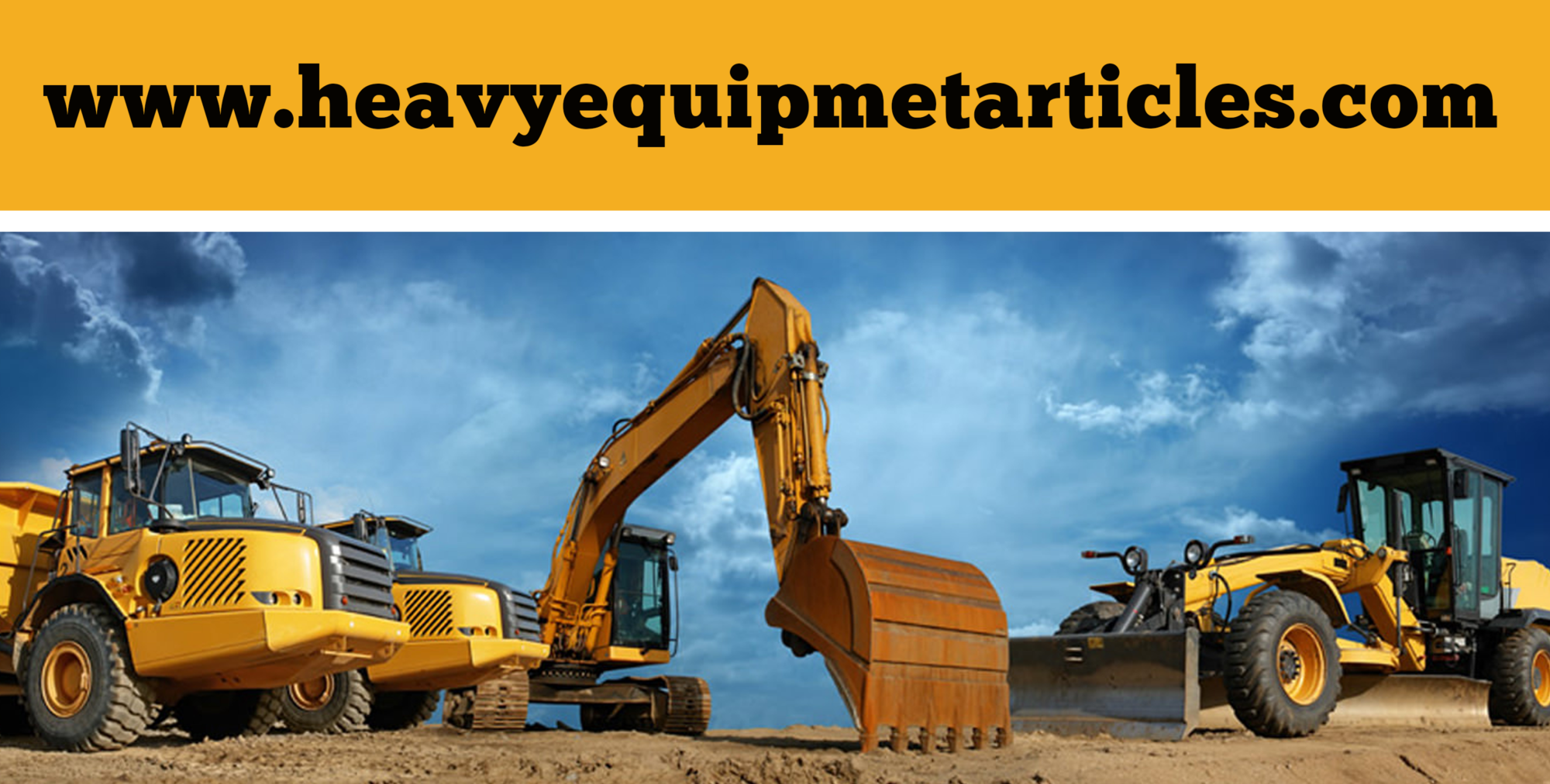Heavy equipment transport can be a challenging task, and it is essential to prioritize safety during the process. Whether you are moving construction equipment, industrial machinery, or agricultural machinery, there are several precautions you should take to ensure that your equipment arrives safely at its destination. In this blog post, we will discuss some critical safety tips for heavy equipment transport.
- Proper Planning and Preparation Before transporting any heavy equipment, it is essential to have a plan in place. You should consider factors such as the size of the equipment, the distance to be covered, and the route to be taken. Make sure that the equipment is properly secured and all moving parts are immobilized to avoid damage during transportation. Additionally, make sure to have all necessary permits and licenses in place, as well as any required escorts or support vehicles.
- Select the Right Transport Vehicle Choosing the right transport vehicle is crucial to ensure that the equipment is safely transported. The vehicle should be able to handle the weight and size of the equipment, and the driver should be experienced in handling heavy loads. It is also essential to ensure that the vehicle is properly maintained and that all safety features are in good working condition.
- Use Appropriate Tie-Downs and Straps Properly securing the equipment with appropriate tie-downs and straps is critical to avoid shifting or movement during transport. The tie-downs and straps should be in good condition and should be designed for the specific type of equipment being transported. Additionally, make sure to follow the manufacturer’s guidelines for securing the equipment.
- Inspect the Equipment Before Transport Before transporting heavy equipment, it is essential to conduct a thorough inspection to identify any potential issues. This includes checking for leaks, loose bolts or nuts, and any other potential hazards. If any issues are identified, they should be addressed before transporting the equipment.
- Follow Traffic Laws and Regulations When transporting heavy equipment, it is crucial to follow all traffic laws and regulations. This includes obeying speed limits, using appropriate signals, and maintaining a safe distance from other vehicles. Additionally, make sure to follow any specific regulations or requirements for transporting heavy equipment in your area.
In conclusion, heavy equipment transport requires careful planning, preparation, and attention to safety. By following these critical safety tips, you can ensure that your equipment arrives safely at its destination without incident. Remember, safety should always be the top priority when transporting heavy equipment.




